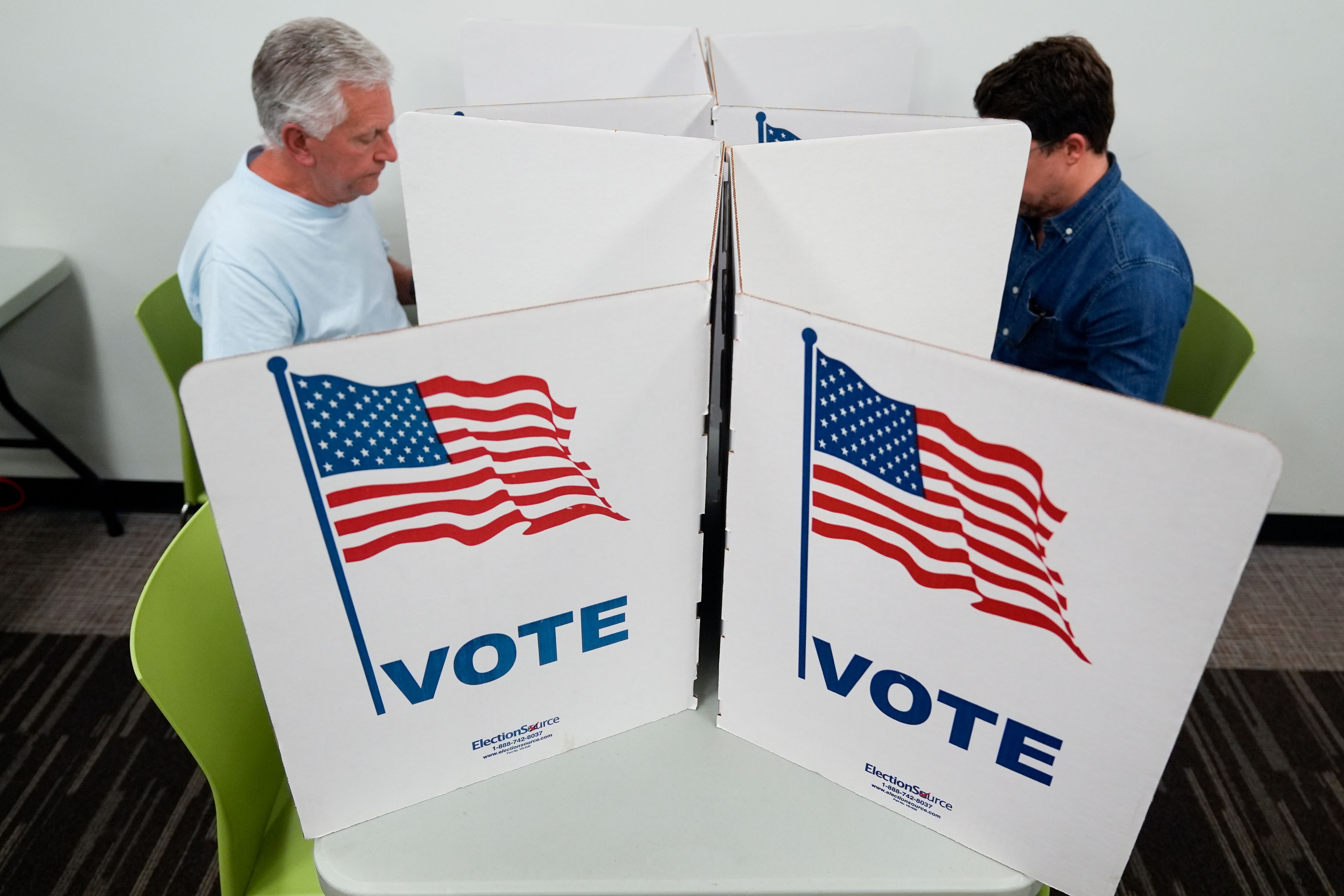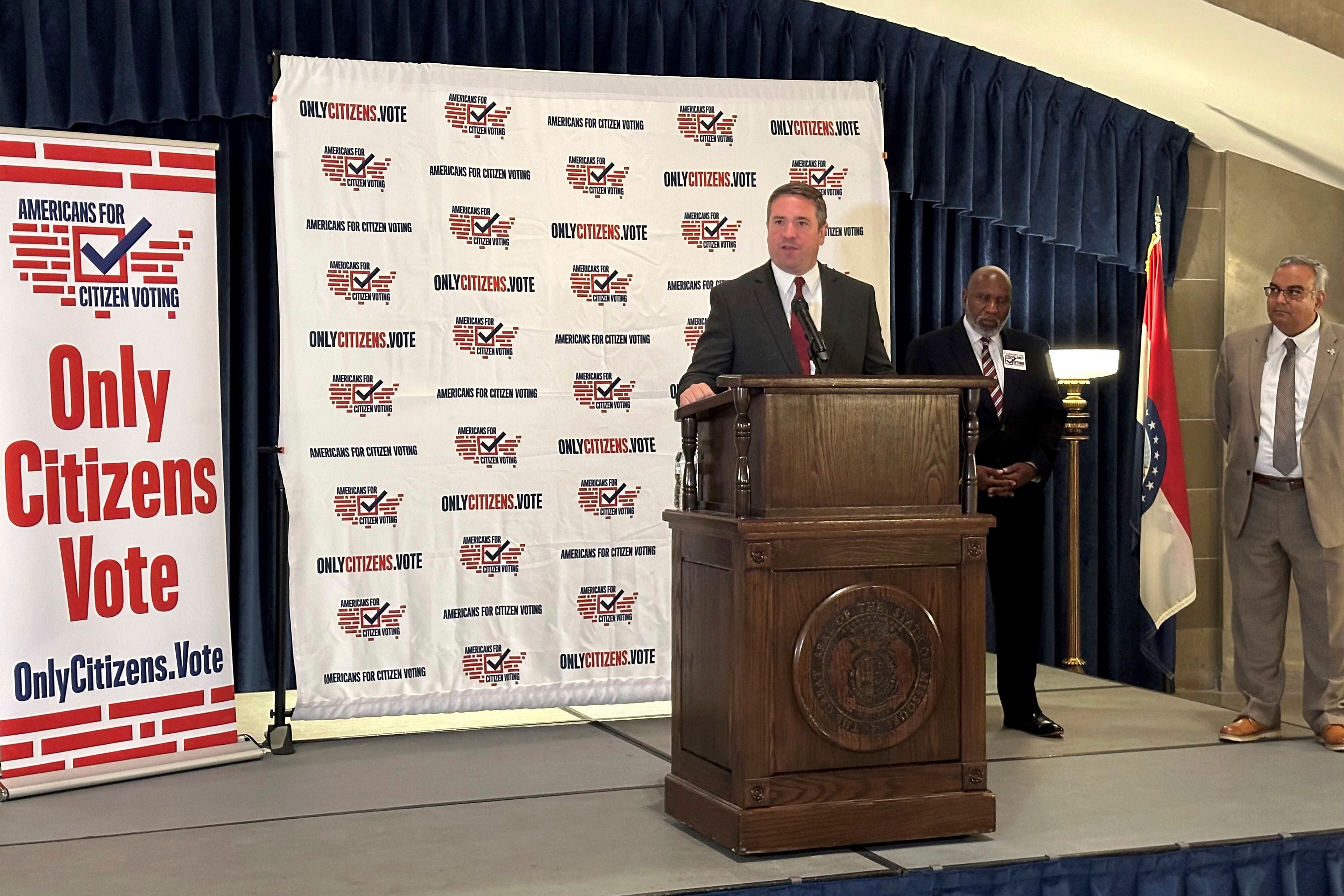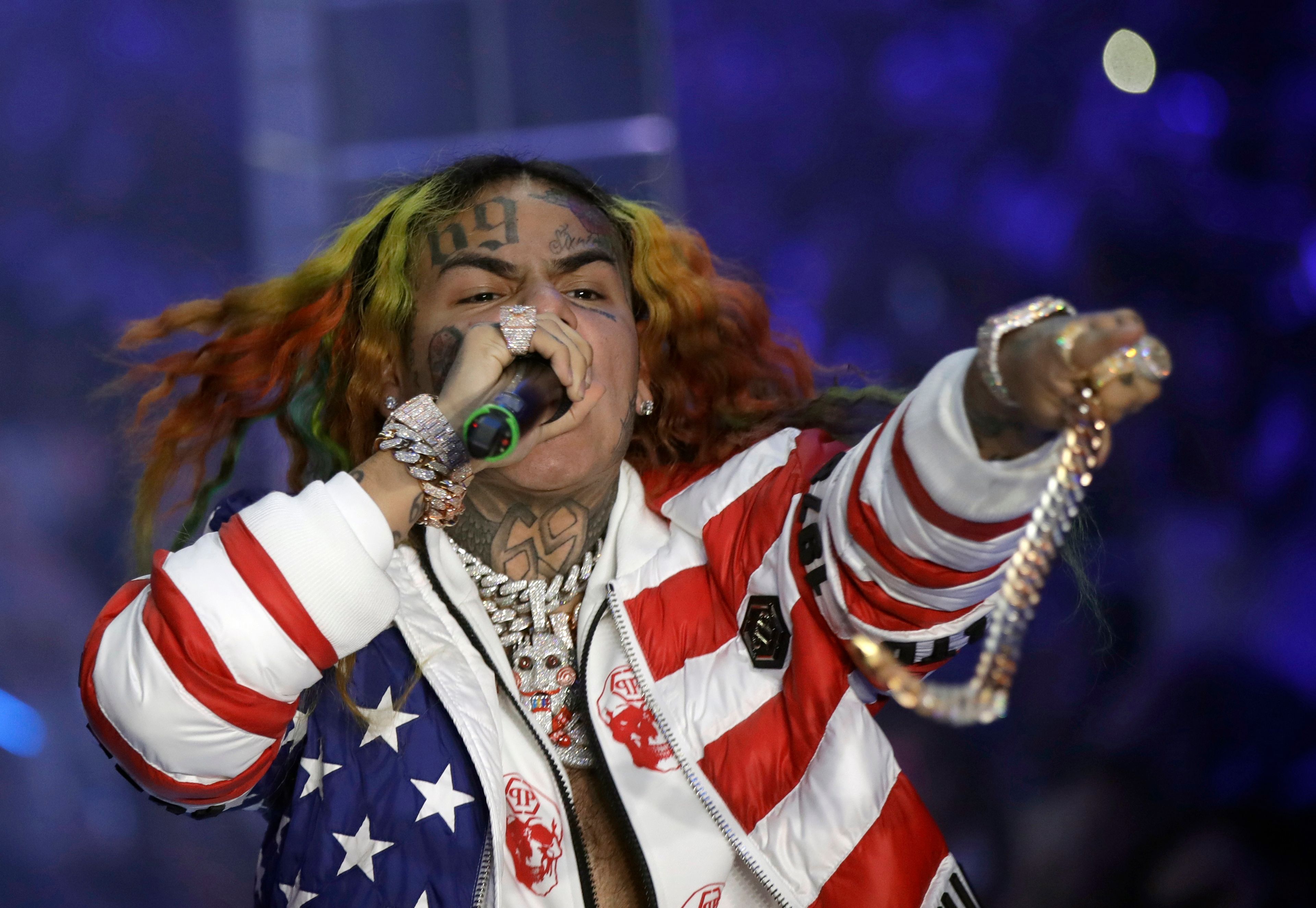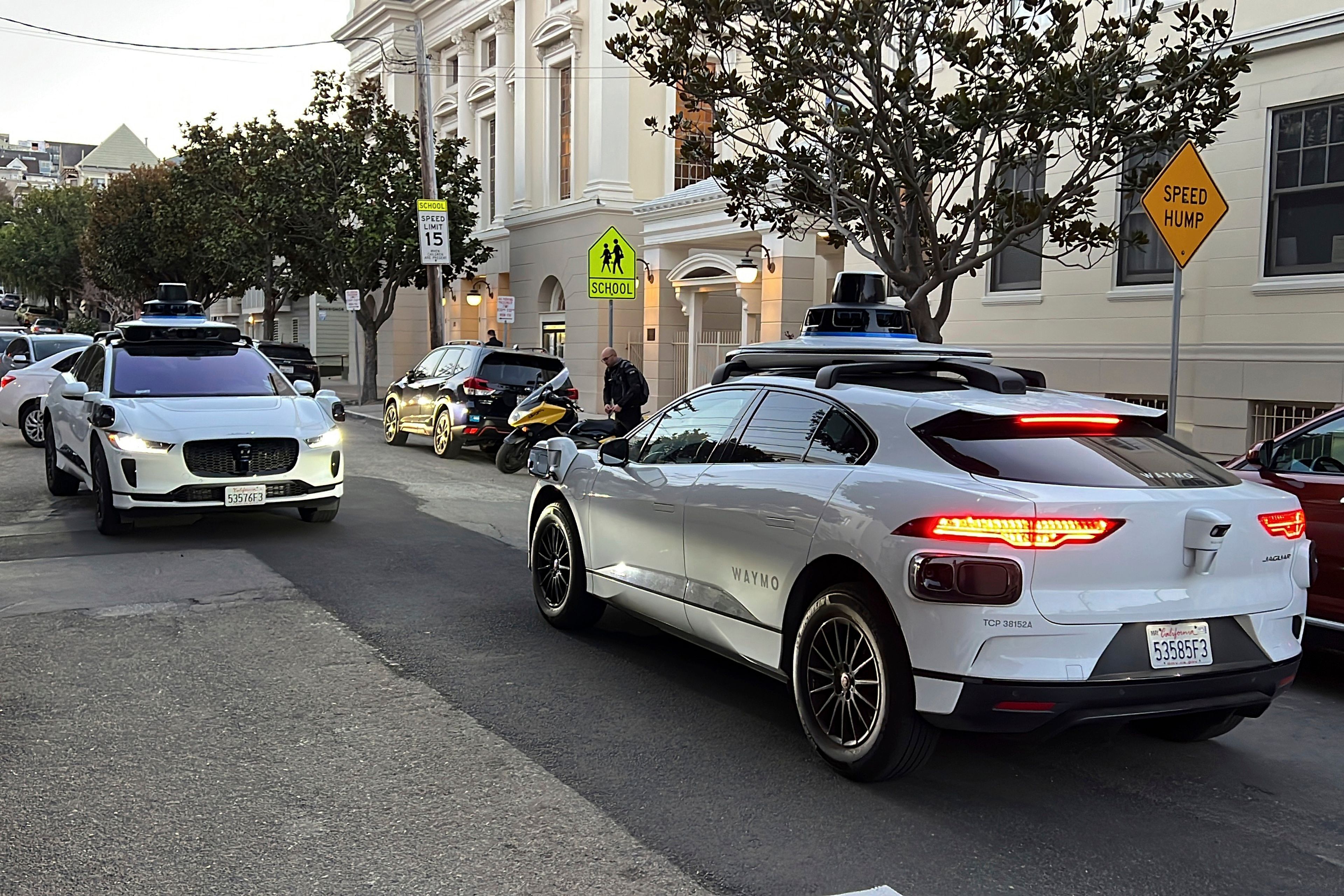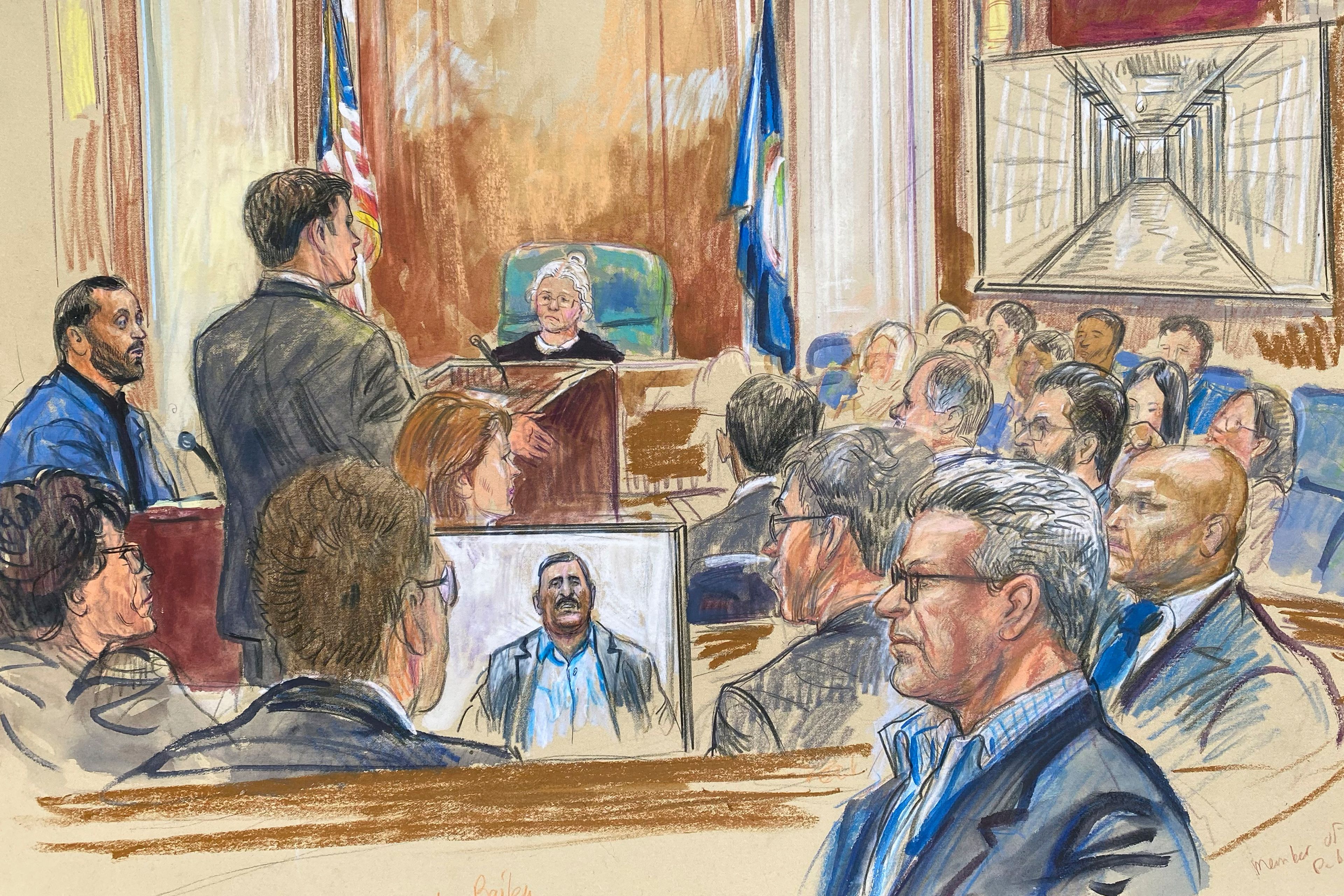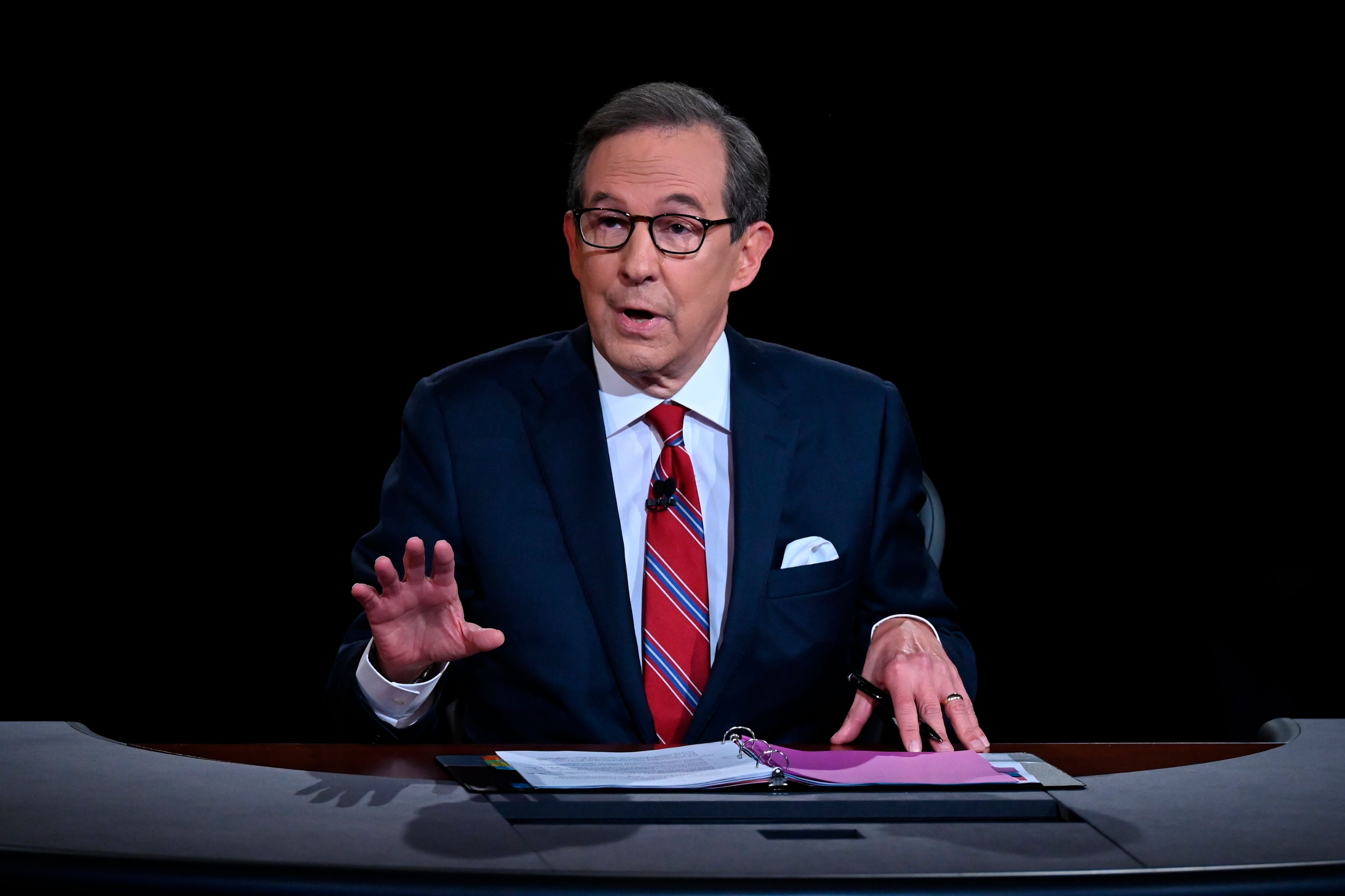Voters deciding dozens of ballot measures affecting life, death, taxes and more
While electing officials to make and enforce laws, voters in dozens of states are also deciding on more than 140 ballot proposals affecting the way people legally live, work and die.
While electing officials to make and enforce laws, voters in dozens of states are also deciding on more than 140 ballot proposals affecting the way people legally live, work and die.
As 10 states consider measures related to abortion or reproductive rights on Tuesday's ballots, about a half-dozen states are weighing the legalization of marijuana for either recreational or medical use. About two dozen measures are focused on future elections, including several specifically barring noncitizens voting. Other state measures affect wages, taxes, housing and education.
Many of the ballot measures were initiated by citizen petitions that sidestep state legislatures, though others were placed before voters by lawmakers.
Marijuana legalization
Voters in Florida, North Dakota and South Dakota are deciding whether to legalize recreational marijuana for adults. The election marks the third vote on the issue in both North Dakota and South Dakota. In Nebraska, voters are considering a pair of measures that would legalize medical marijuana and regulate the industry.
About half the states currently allow recreational marijuana and about a dozen more allow medical marijuana.
In Massachusetts, a ballot measure would legalize the possession and supervised use of natural psychedelics, including psilocybin mushrooms. It would be the third state to do so, following Oregon and Colorado.
Immigration
An Arizona measure crafted amid a surge in immigration would make it a state crime to enter from a foreign country except through official ports of entry, and for someone already in the U.S. illegally to apply for public benefits using false documents.
The border crossing measure is similar to a challenged Texas law that the U.S. Justice Department says violates federal authority.
School choice
A proposed amendment to the Kentucky Constitution would allow lawmakers to use state funds for private schools. A Colorado measure would create a constitutional right to school choice for K-12 students.
In Nebraska, voters are deciding whether to repeal a new state law that funds private school tuition with state dollars.
A majority of states offers some sort of state-backed program to help cover private school costs.
Sports betting
Missouri voters are deciding whether to become the latest to legalize sports betting. A total of 38 states and Washington, D.C., already allow sports betting, which has expanded rapidly since the U.S. Supreme Court cleared the way for it in 2018.
Taxes
A Colorado proposal would make it the second state after California to impose a sales tax on firearms and ammunition, with revenue going primarily to crime victims’ services. The federal government already taxes sales of guns and ammunition.
North Dakota voters are considering a measure to eliminate property taxes. If approved, local governments could need more than $3 billion biennially in replacement revenue from the state.
A South Dakota measure would repeal the state's sales tax on groceries, a move already taken in most other states.
An Oregon measure would raise the minimum tax on large corporations to fund a tax rebate for residents.
Housing
California voters are deciding whether to repeal a 1995 law limiting local rent control ordinances. If approved, it would open the way for local governments to expand limitations on the rates that landlords could charge.
A unique proposal in Arizona links property taxes with responses to homelessness. It would let property owners seek property tax refunds if they incur expenses because a local government declined to enforce ordinances against illegal camping, loitering, panhandling, public alcohol and drug use, and other things.
Climate
Voters in Washington state are considering whether to repeal a 2021 law that caps carbon emissions and creates a market for businesses exceeding the mark to purchase allowances from others. Washington was the second state to launch such a program, after California.
Citizen voting
Republican-led legislatures in eight states — Idaho, Iowa, Kentucky, Missouri, North Carolina, Oklahoma, South Carolina and Wisconsin — have proposed state constitutional amendments declaring that only citizens can vote.
A 1996 U.S. law prohibits noncitizens from voting in federal elections, and many states already have similar laws. But Republicans have emphasized the potential of noncitizens voting after an influx of immigrants at the U.S.-Mexican border. Though noncitizen voting historically has been rare, voter roll reviews before the election flagged potential noncitizens registered in several states.
Some municipalities in California, Maryland, Vermont and Washington, D.C., allow noncitizens to vote in certain local elections.
Voting methods
Connecticut voters are considering whether to authorize no-excuse absentee voting, joining most states that already allow it.
Measures in Montana and South Dakota would create open primary elections in which candidates of all parties appear on the same ballot, with a certain number advancing to the general election. Measures in Colorado, Idaho and Nevada also propose open primaries featuring candidates from all parties, with a certain number advancing to a general election using ranked choice voting. An Oregon measure would required ranked choice voting in both primaries and general elections.
Ranked choice voting is currently used in Alaska and Maine. But Alaska voters are considering whether to repeal provisions of a 2020 initiative that instituted open primaries and ranked choice general elections.
Arizona voters are deciding between competing ballot proposals that would require either open primaries with candidates of all parties or the state’s current method of partisan primaries. If conflicting measures both pass, the provision receiving the most votes takes effect, but that could be up to a court to decide.
Redistricting
An Ohio initiative would create a citizens commission to handle redistricting for U.S. House and state legislative seats, taking the task away from elected officials.
Minimum wage
Ballot measures in Missouri and Alaska would gradually raise minimum wages to $15 an hour while also requiring paid sick leave. A California measure would incrementally raise the minimum wage for all employers to $18 an hour.
A Nebraska measure would require many employers to provide sick leave but would not change wages.
A Massachusetts measure would gradually raise the minimum wage for tipped employees until it matches the rate for other employees. By contrast, an Arizona measure would let tipped workers be paid 25% less than the minimum wage, so long as tips push their total pay beyond the minimum wage threshold.
Assisted suicide
West Virginia voters are deciding whether to amend the state constitution to prohibit medically assisted suicide. The measure would run counter to 10 states and Washington, D.C., where physician-assisted suicide is allowed.
Connect with the Southeast Missourian Newsroom:
For corrections to this story or other insights for the editor, click here. To submit a letter to the editor, click here. To learn about the Southeast Missourian’s AI Policy, click here.
